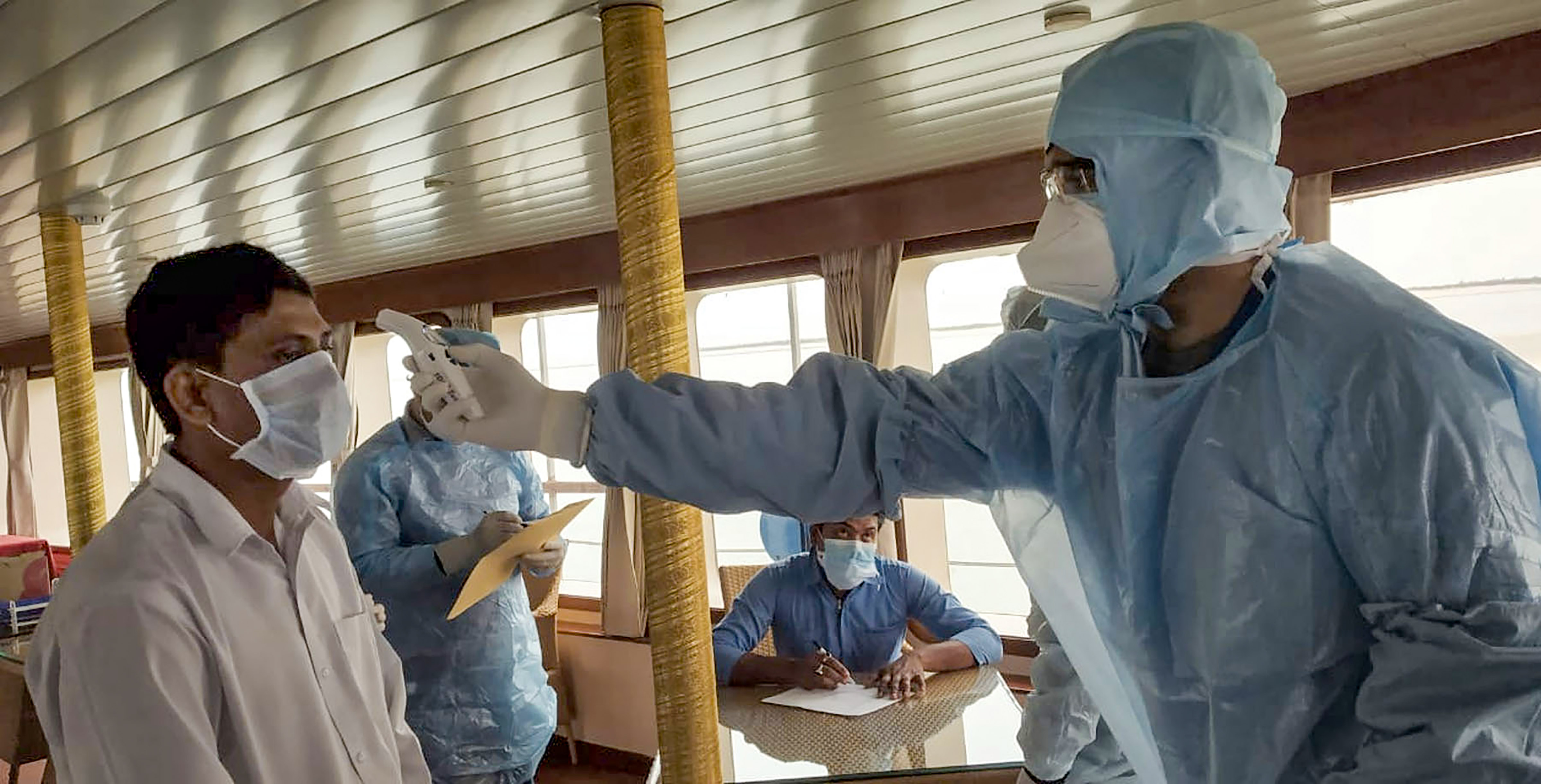
Do not give false hope as summer cannot eradicate coronavirus: Experts

The World Health Organistaion (WHO) warned world leaders and officials to not give false hope that the summer heat will kill the deadly coronavirus that claimed the lives of many.
In a statement, Mike Ryan, executive director of WHO Emergencies Programme, said, “It’s a false hope to say it will disappear like the flu [in the summer]… we can’t make that assumption. And there is no evidence.”
“We hope it does, that would be a godsend,” he added.
According to Hindustan Times, epidemiologists have stated that while rising temperature and humidity may lead to modest declines in the potency of Sars-CoV-2, countries should not depend on warm weather to slow transmission, as the new virus may not react to seasonal changes in the way that other seasonal viruses causing flu and common cold do.
Some experts also added that the heat may also not significantly weaken the Sars-CoV-2 virus, following an analysis from China that said the number of cases decreased after average temperatures crossed 8.72 degrees Celsius.
The study from Sun Yat-sen University in Guangzhou in Guangdong province was published on February 22. It is yet to be peer-reviewed.
The China study found that in cold regions, every 1°C rise in average temperatures led to a cumulative increase in cases by 0.83, while in the higher-temperature group, every 1°C increase in the minimum temperature led to a fall in the cumulative number of cases by 0.86.
There may be the best temperature for the viral transmission and the virus’s sensitivity to high temperature could prevent it from spreading in warmer countries during the summer, concluded the study, after analysing the cases from around the world from January 20 to February 4, against meteorological data for January from China and the capitals of the affected countries.
However, another study from Harvard T.H. Chan School of Public Health, however, points to sustained Sars-CoV-2 transmission in diverse climate conditions, from cold and dry provinces to tropical locations even within China.
During a press briefing on Monday, WHO officials said they don’t know how COVID-19 behaves, saying it’s not like influenza. “This is a unique virus, with unique features. This virus is not influenza,” CNBC quoted WHO Director-General Tedros Adhanom Ghebreyesus said. “We are in uncharted territory.”

